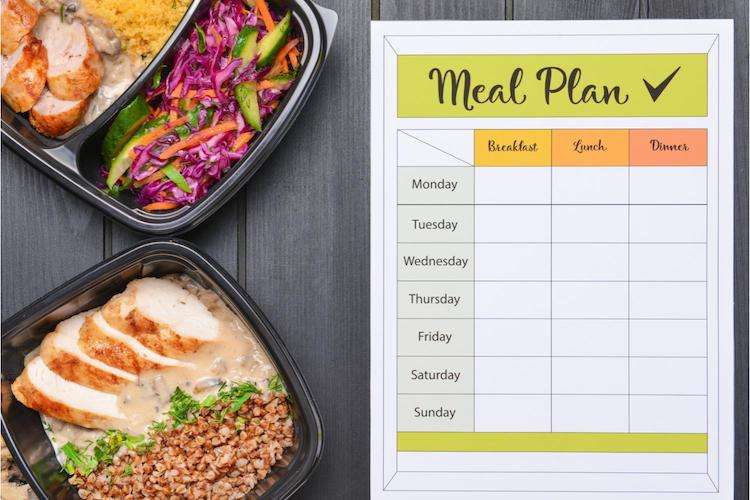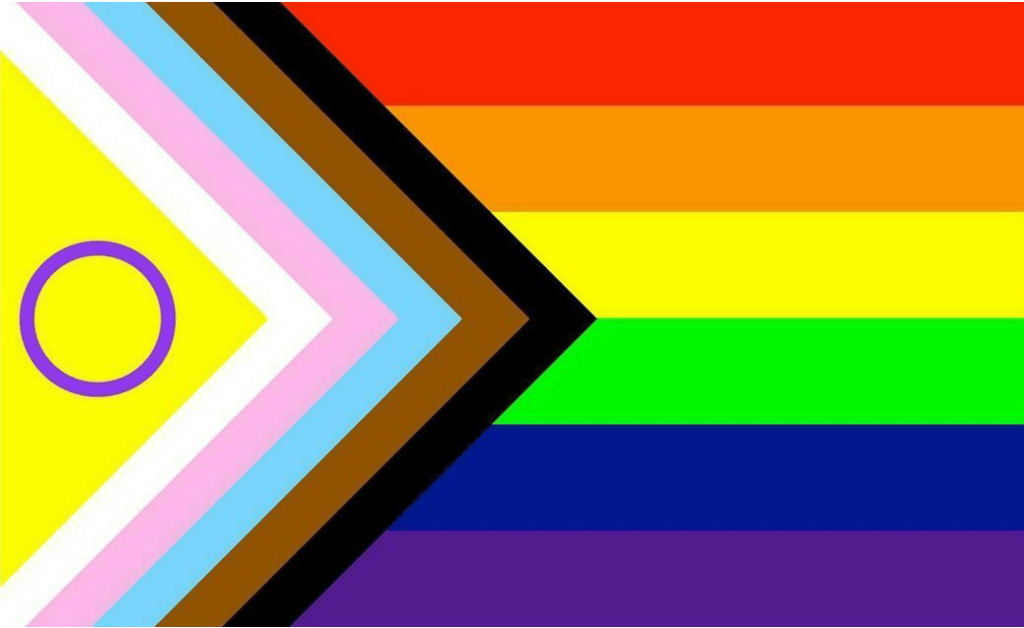Eating disorder Nutrition blog

How To Handle Food Anxiety When Home for the Holidays
If you’re a college student or a working adult who spends most of the year away from home, the holiday season might be one of the few times you’re with family. For those dealing with disordered eating…

How to Deal with Bad Body Image Days
Everyone experiences bad body image days now and then—it’s completely normal. We all have moments when we don’t feel or look our best. While these days are inevitable, the goal is to prevent a tough…

How to Not Trigger Someone with an Eating Disorder
When someone you care about is dealing with an eating disorder, it’s natural to want to help, but it can be tough to know what to say or do without feeling like you might say the wrong thing.

Eating Disorders and Holidays
The holiday season might feel far away, but time flies, and it’ll be here before we know it! For those dealing with disordered eating, the holidays can be a particularly stressful time. With a variety…

Halloween and Holiday Eating
Halloween is a fun, exciting time for kids, full of costumes, trick-or-treating, and candy. While children enjoy the festivities, parents may worry about how much candy their kids consume and look for ways to limit…

Meal Plan for Eating Disorder Recovery
We’ve all come across meal plans at some point. A meal plan outlines what and how much you’ll eat at each meal over a week. Often associated with fad diets and food restrictions, these plans are everywhere…

Support Groups for Caregivers
Watching a loved one struggle with an eating disorder is incredibly tough. It’s hard to see them in pain, and even harder when you’re unsure how to help or what to say. Being a caregiver can feel isolating…

How Can an Eating Disorder Affect School
Are you wondering how can an eating disorder affect school? Well, starting a new semester can be a bit overwhelming with all the new schedules, teachers, classes, classmates, and extracurricular activities…

Healthy Breakfast Ideas for Kids
We’ve all heard the saying that breakfast is the most important meal of the day. While it’s true that every meal is important and none should be skipped, starting your day with a nutritious breakfast has unique benefits.
DISCOVERY CALL
Free 15-minute call to determine if we are a good fit for you, discuss services and answer any questions. Please submit your information and we’ll reach out to you shortly.
Join Our Community
Sign up for new blog posts, stay up to date practice news, new resources, staff highlights, and other helpful tips!


